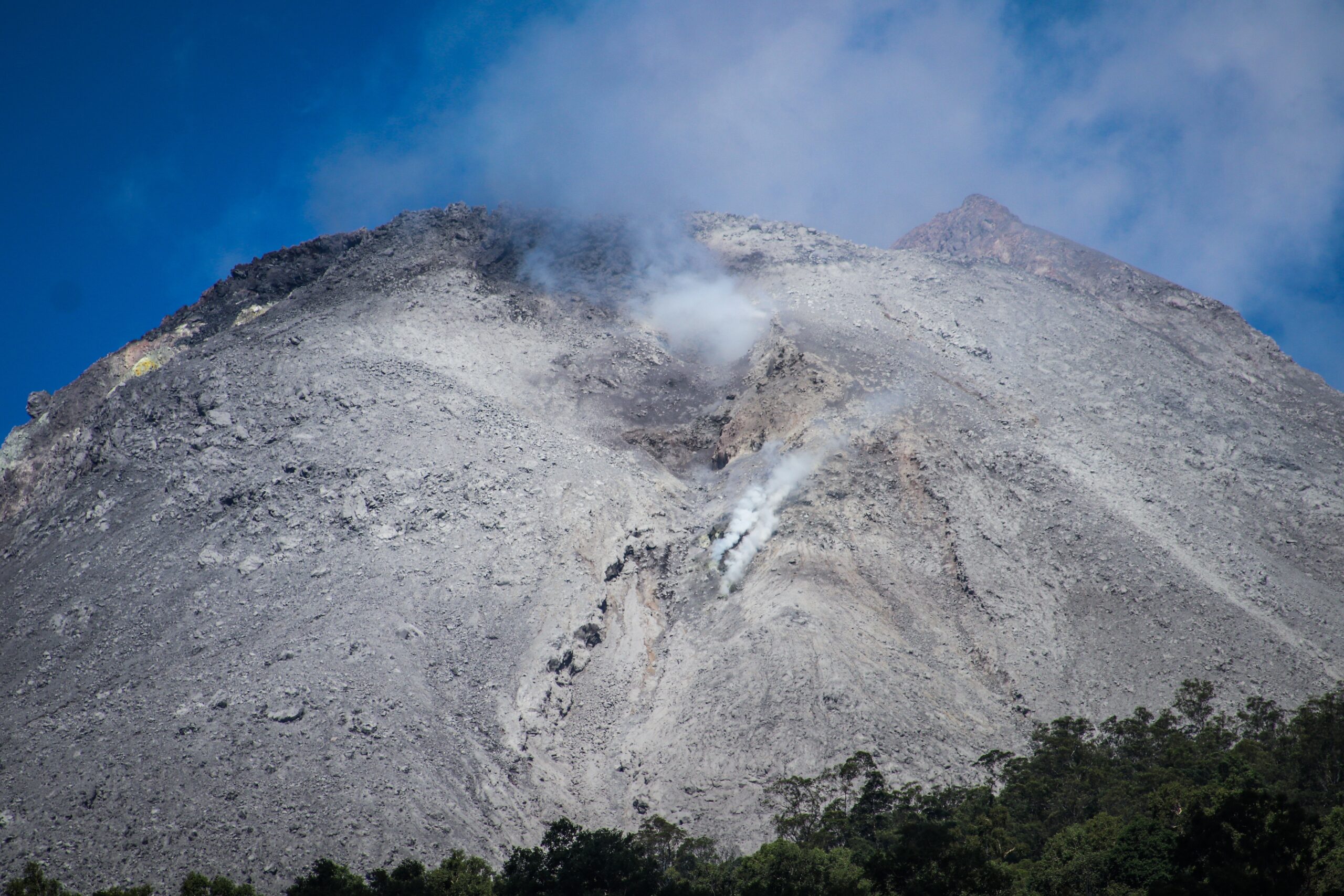Indonesia Volcano Disrupts Flights, Safety Concerns Rise

A massive volcanic eruption in Indonesia has thrust air travel safety into the spotlight, disrupting flights and stranding travelers.
At a Glance
- Flights to and from Bali, Indonesia, were cancelled due to a volcanic eruption.
- The eruption from Mount Lewotobi Laki-Laki sent an 11km ash cloud skyward.
- Ash clouds pose serious risks to aircraft operations, prompting safety concerns.
- Travellers face disruption as Indonesia contends with economic impacts.
Volcanic Disruption in Bali
A volcanic eruption has forced the cancellation of dozens of flights connecting to Bali, Indonesia. Mount Lewotobi Laki-Laki, located in East Nusa Tenggara province, erupted and sent an ash cloud over six miles high. This geological activity has disrupted air travel significantly, affecting both domestic and international flights. Airlines such as Jetstar, AirAsia, and Singapore Airlines faced cancellations or delays, as they sought to prioritize passenger safety.
The Fransiskus Xaverius Seda airport was among those closed due to safety reasons, as the ash cloud continued to loom. Air travel safety became an immediate concern with potential engine damage and limited visibility, threatening the security of flights. Authorities urged caution, warning the public to avoid activities within a seven-kilometer radius of the volcano’s crater.
Impact on Local and International Travel
At least 32 flights involving routes from Australia, India, and Singapore were directly affected. The cancellations left numerous vacationers stranded, significantly impacting Bali’s tourism—a crucial part of its economy. Airlines worked diligently to reschedule flights. A quote from Angkasa Pura Indonesia noted, “Due to volcano activity of Lewotobi Laki-Laki in East Nusa Tenggara, several flights at I Gusti Ngurah Rai Airport are cancelled” (Source).
While residents from nearby villages were evacuated as a precaution, the Indonesian government raised the alert level to the highest on its four-tier system. With the threat of ongoing tremors and further eruptions, the response showcased a delicate balance between safety and economic stability.
Navigating Nature’s Challenges
This eruption is a reminder of Indonesia’s vulnerability to seismic and volcanic activities, given its location on the Pacific “Ring of Fire.” The tourism-dependent economy faces challenges as these natural phenomena can unpredictably disrupt travel and local businesses. The eruption serves as both a spectacle of nature’s power and a significant logistical hurdle for air travel safety and economic progress.
Another quote from JetStar provided a hopeful outlook: “Forecasts show the ash cloud is expected to clear by later tonight. As a result, this afternoon’s flights will be delayed to operate later this evening” (Source).
As disaster management authorities persist in their efforts, the populace witnesses the indomitable strength of the Earth’s geological processes, a force to be respected and reckoned with.
























